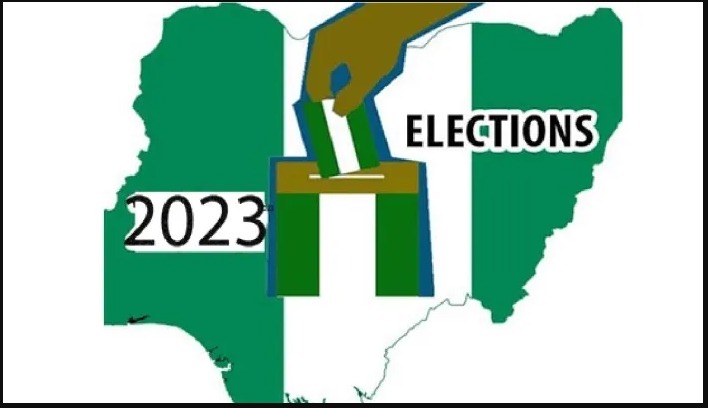In 2023, Africa experienced another turbulent period in its political landscape, marked by a series of military coups that significantly impacted the continent’s leadership structure. These events, reminiscent of previous years, brought about notable upheavals and lingering ramifications that shaped the course of African politics.
The prevalent leadership crisis in Africa stemmed from a spectrum of political issues, encompassing election disputes, thwarted coups, and successful coups across various nations. This write-up is on the prominent incidents that resonated throughout Africa in 2023, exploring reactions to these developments and the current state of leadership in the affected countries.
Reflecting on the succession of coups that have rattled Africa in recent times, it becomes evident that West Africa, particularly the Francophone countries, bore the brunt of these disturbances. One of the key contributing factors to this trend is the absence of robust governance.
At the core of effective governance lies the essence of sound leadership that authentically represents the people’s mandate. Although some nations conduct elections similar to many democracies worldwide, irregularities, insufficiently independent institutions, and a multitude of other factors often undermine the integrity of these elections. Consequently, the resultant leadership fails to align with the desires of the populace, perpetuating detrimental impacts on the lives of citizens.
The frustration arising from leaders’ inability to deliver on democratic promises has led to military takeovers, as witnessed in Niger and Gabon, as well as unsuccessful attempts in Sierra Leone and Guinea-Bissau.
In the Niger Republic, on July 26, 2023, the country’s Presidential Guard deposed and detained President Mohamed Bazoum, following which General Abdourahamane Tchianideclared himself leader of a military junta, establishing the National Council for the Safeguard of the Homeland.
This action drew widespread condemnation from within Africa and globally, with countries such as the US, France, the UK, Russia, and China, among others, denouncing it as a setback for the continent.
The Economic Community of West African States (ECOWAS) responded by imposing stringent sanctions on Niger, marking the severest measures ever levied against a member state. Members of the fifteen-nation bloc, in conjunction with the eight-member West African Economic and Monetary Union, implemented border closures, suspended financial transactions, and froze Niger’s external assets. ECOWAS issued an ultimatum for the junta to reinstate constitutional order and President Mohamed Bazoum within one week, a demand unheeded by the junta.
While African leaders grappled with strategizing to restore constitutional order in Niger, President Ali Bongo of Gabon faced a similar fate on August 30, toppled by the military shortly after being declared the winner of a contested August 26 presidential election. Global leaders unanimously condemned these actions, pledging to monitor situations for further action. Subsequently, the African Union’s Peace and Security Council swiftly suspended Gabon from its activities.
While successful in Niger and Gabon, Sierra Leone experienced an unsuccessful coup on November 26, resulting in clashes that claimed lives in the capital, Freetown.
Months after the military interventions in Niger and Gabon, the respective juntas continue to cling to power despite extensive sanctions and calls for the reinstatement of democratically elected leaders.
In Niger, the junta lacks a clear strategy for restoring power to an elected leader, instead governing by its own rules amidst severed regional relations due to sanctions. The country witnessed a 40% budget cut in 2023 due to heavy international and regional sanctions, impacting taxpayers who are mandated to make cash payments as opposed to depositing funds in the frozen Treasury account. Consequently, citizens bear the brunt of inflation and the soaring prices of essential imported goods.
Conversely, Gabon’s junta has outlined a transition plan towards civilian governance, proposing an ‘Inclusive National Dialogue’ in April 2024 involving critical stakeholders and elections scheduled for August 2025, two years after ousting President Ali Bongo. The junta exhibits a partial commitment to ensuring a multi-party democracy for the upcoming elections while working to allocate allegedly embezzled funds from the ousted president’s family and associates for public use.
Despite the sustained military governance, ECOWAS remains resolute in its pursuit to reinstate civilian rule and restore stability in these nations. The regional body underscores that fostering good governance isn’t just a fundamental commitment but an imperative avenue to address African concerns, improve quality of life, and establish a conducive environment for sustainable development and flourishing democracy.


